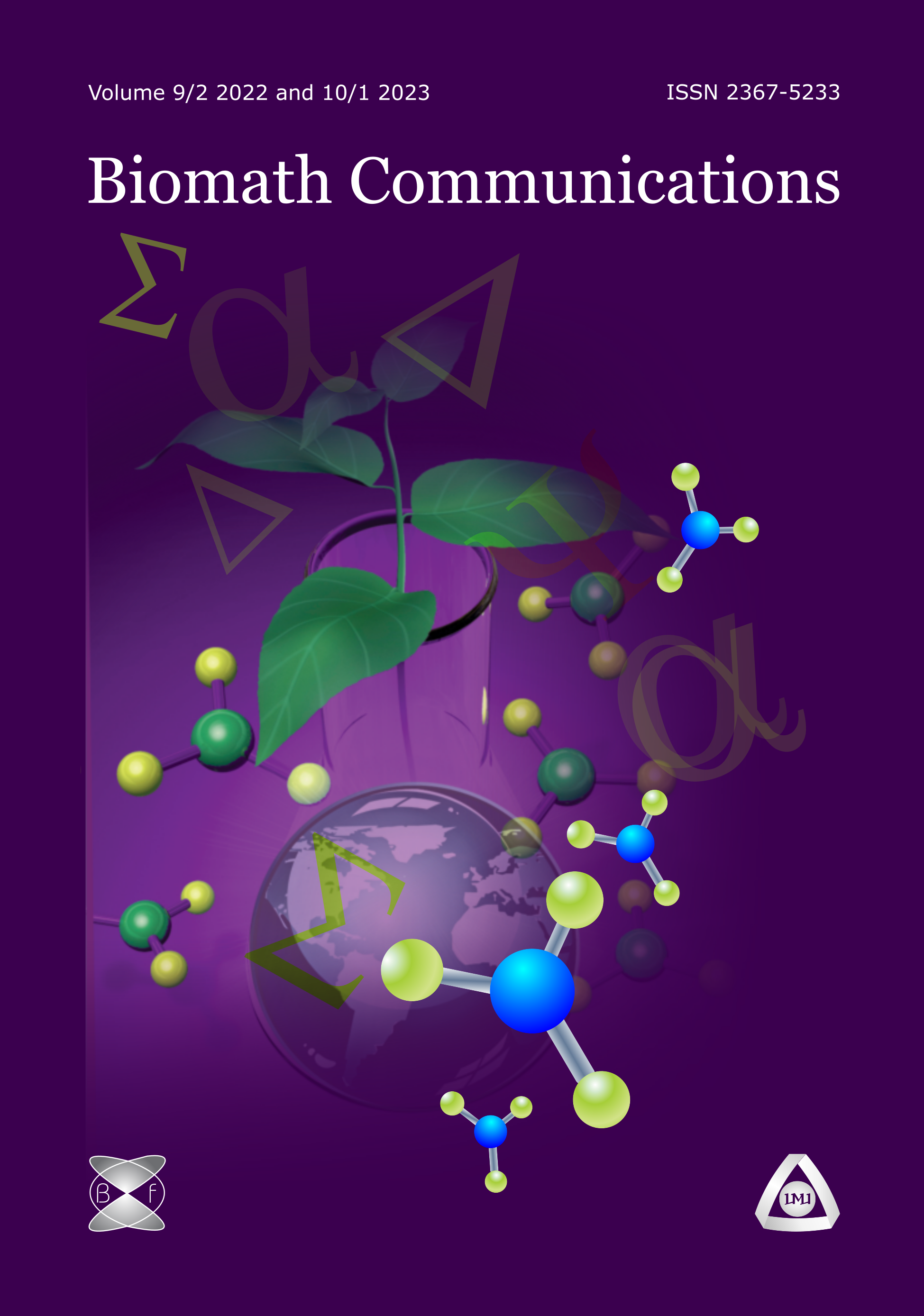Computation of the Equilibrium Point for Discrete-time Linear Stochastic Systems
DOI:
https://doi.org/10.11145/176Abstract
The linear optimal control problem of linear systems subject to Markov jumps and/or multiplicative noises is considered and the computation of an optimal control strategy is commented. This kind of models has found many applications in engineering and finance as, for instance, in nuclear fission and heat transfer, population models and immunology, portfolio optimization (O. Costa, de Oliviera, Optimal mean-variance control for discrete-time linear systems with Markovian jumps and multiplicative noises, Automatica 48(2012), 304--315), etc., and several results related to the control of these systems have already been derived. The challenge of the applications is that the weighting matrices in the linear quadratic models are assumed to be singular or indefinite.
The realization of the optimal control strategy depends on the stabilizing solution of some appropriate systems of Riccati-type coupled equations, i.e. a set of generalized discrete-time algebraic Riccati equations has to be solved. The LMI approach for computing the stabilizing symmetric solution of this system is studied. We construct two new modifications of the standard LMI approach and we show how to apply these new modifications to the investigated problem. Computer realizations of all modifications are compared. Numerical experiments are given where the new LMI modifications are numerically compared. Based on these experiments the main conclusion is that the new LMI modifications are faster than the standard LMI approach.
Downloads
Published
Issue
Section
License
The journal Biomath Communications is an open access journal. All published articles are immeditely available online and the respective DOI link activated. All articles can be access for free and no reader registration of any sort is required. No fees are charged to authors for article submission or processing. Online publications are funded through volunteer work, donations and grants.
Authors who publish with this journal agree to the following terms:
- Authors retain copyright and grant the journal right of first publication with the work simultaneously licensed under a Creative Commons Attribution License 4.0 that allows others to share the work with an acknowledgement of the work's authorship and initial publication in this journal.
- Authors are able to enter into separate, additional contractual arrangements for the non-exclusive distribution of the journal's published version of the work (e.g., post it to an institutional repository or publish it in a book), with an acknowledgement of its initial publication in this journal.
- Authors are permitted and encouraged to post their work online (e.g., in institutional repositories or on their website) prior to and during the submission process, as it can lead to productive exchanges, as well as earlier and greater citation of published work (See The Effect of Open Access).

